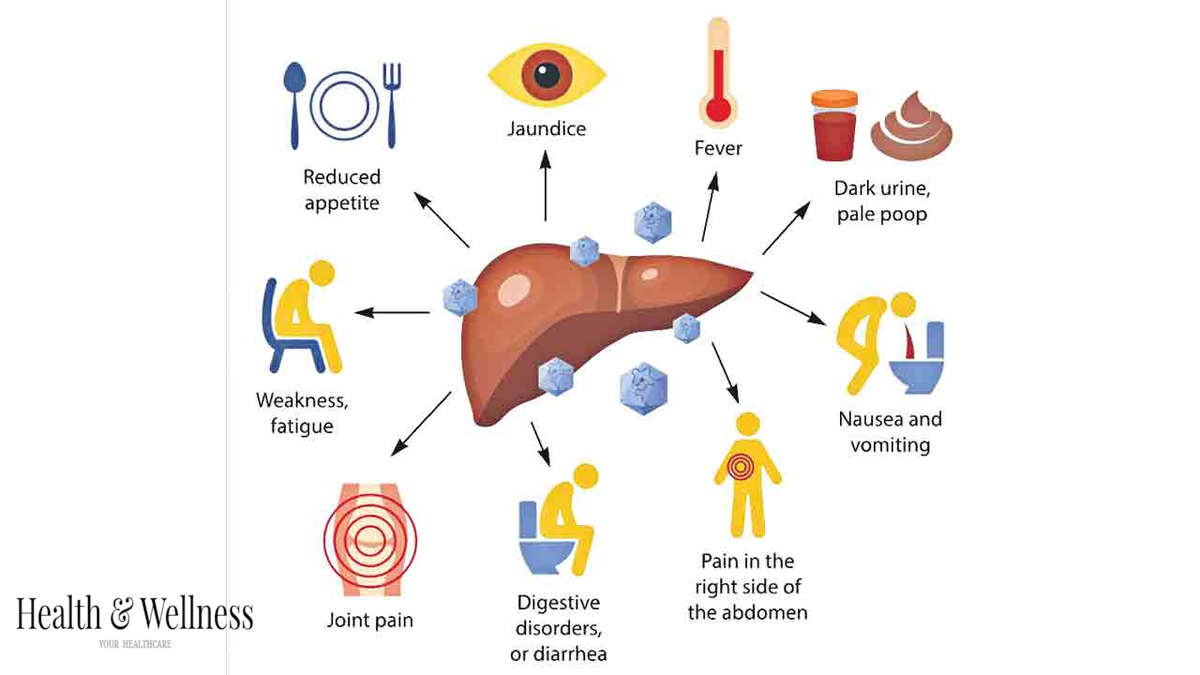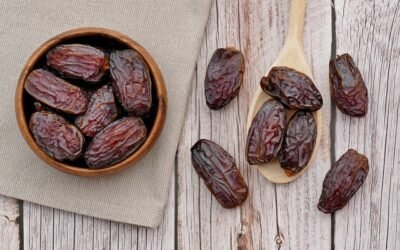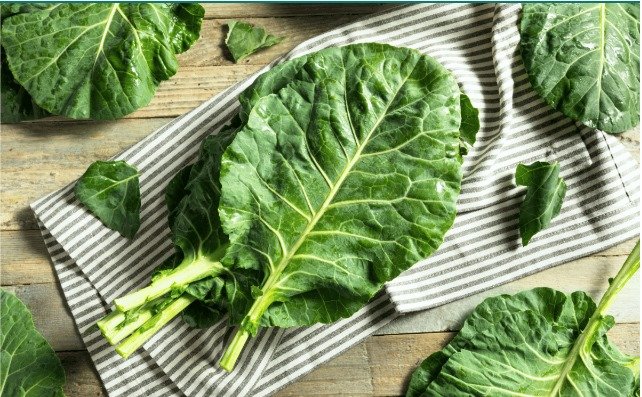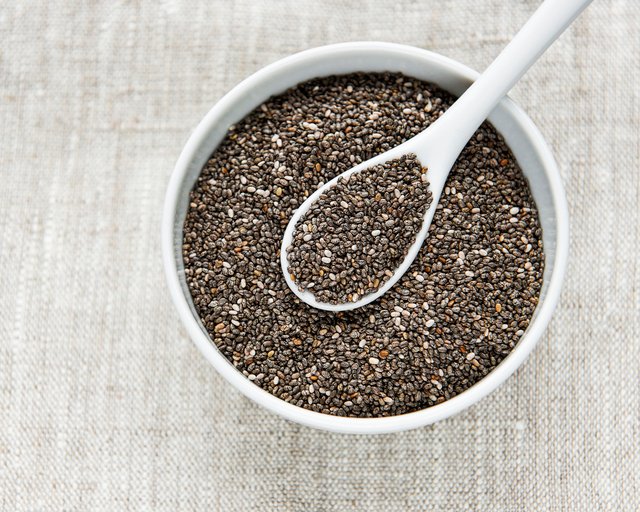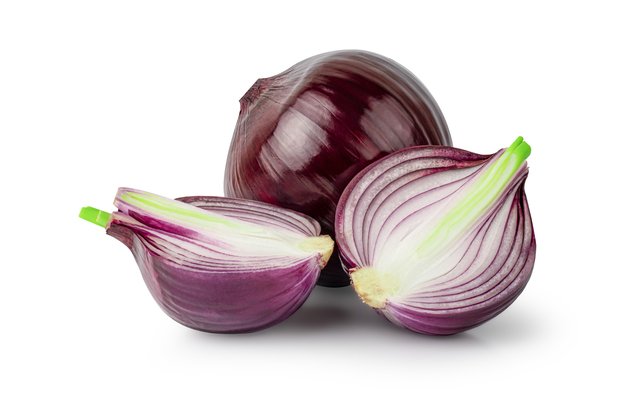Bay Area Experiencing a Rise in Viral Diseases: COVID-19, RSV, and Flu

Hospitals in California are experiencing a continuous increase in respiratory viruses.
The Centres for Disease Control and Prevention report that 75% of the state’s critical care beds are now occupied.
According to wastewater statistics, the Bay Area is seeing a rise in COVID-19, RSV, and flu cases, while they are not reaching the alarming heights of previous winter. As to the findings of Alexandria Boehm, a Stanford researcher in charge of the SCAN system, COVID-19 concentrations in the area are comparable to the previous spike recorded in September.
However, January and February are usually the coldest months due to the illness.
Dr. Peter Chin-Hong, a UCSF infectious disease expert, stated, “I’m not celebrating yet.” “I’m not sure if this is going to be where [viral loads] settle down to, so we’re just crossing our fingers.”
He noted that since November, the number of COVID-19 patients in UCSF hospitals has risen. Although it sounds awful, they are roughly 90% full, which is comparable to pre-pandemic levels for this time of year.
“Should we manage to successfully navigate this season, I believe it will serve as a predictor for the upcoming seasons that include COVID-19,” Chin-Hong stated.
Mycoplasma pneumoniae, also known as “walking” pneumonia, is a wild card this year. There have been cases reported both domestically and internationally, despite the fact that it is not known to be circulating in the Bay Area. There’s a germ that can cause this mild pneumonia every few years.
“The majority of children infected with mycoplasma will recover,” Chin-Hong stated. Usually, it has a frigid feeling to it. Patients may experience breathing difficulties and develop a rash in more severe situations.
Mycoplasma can occasionally cause lung infections that need to be treated in a hospital.
For the time being, the data indicate that caution is necessary, particularly for vulnerable populations, such as those 65 years of age and older. According to Chin-Hong, he always keeps a mask with him and will put it on in crowded areas or confined spaces like lifts.
Since my mother is elderly, I would definitely wear it when I visit her across the nation, he added. “I don’t think I should pick up something to give her.”
He underlined how effective this year’s flu vaccination is against the current strain of the virus and encouraged people to take advantage of both this preventive measure and the most recent COVID-19 booster. It’s definitely not too late to take precautions, he said.
The health department of San Francisco strongly advises residents to follow their list of “simple but effective actions” in order to maintain good health over the Christmas season. If you’re sick, stay at home, get a COVID-19 test, and get help if the results are positive.


